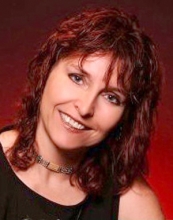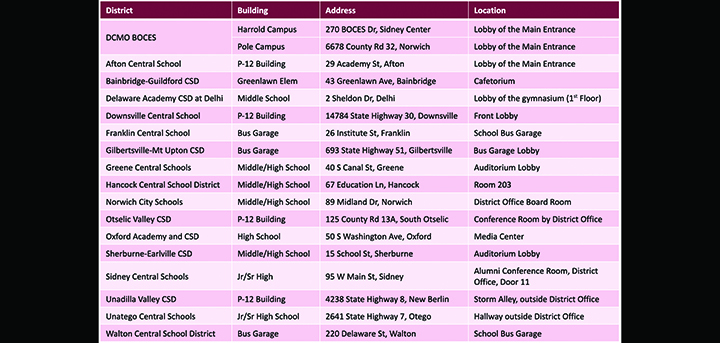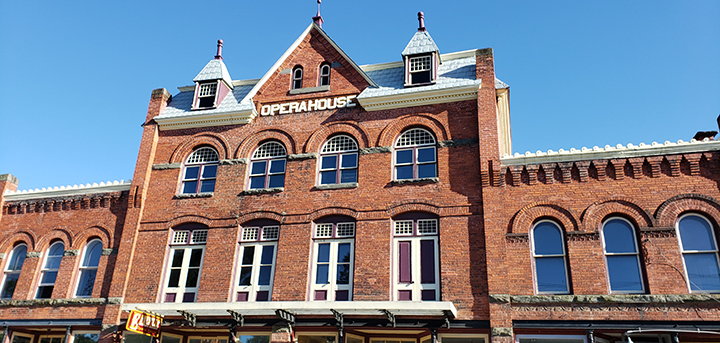Shayne on You: Don't fall for vanity press scam
Dear Maggie,
I am ready to publish my first book, and I’ve got several prospective publishers on my list. I’ve done all the research and gathered all the details, and the only things that seem to be different between them all are the prices. I’ve seen them for as little as $599, and as much as $1,600. Of course, they all charge extra for things like editing, and embossing on the cover, and advertising. Which extras should I pay for? Which ones are worth the money? And which company would you go with? I can hardly wait to get my book out there!
Best,
Hopeful Author
Dear Hopeful,
Well, you haven’t done all the research or you’d have learned that’s not the way commercial publishing works. I was lucking that early on, a fairly famous author told me to repeat the following mantra to myself in the mirror until I knew it by heart. “I do not pay people to publish my stories. They pay me.”







Comments